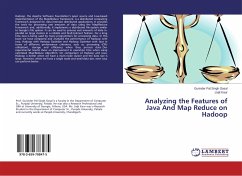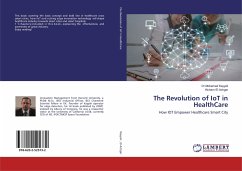In recent years, software process modeling and simulation have become one of the powerful techniques for effectively investigating, managing, and improving software development processes to achieve quality product. Until now, most research has focused on the quantitative aspects of process modelling and simulation. Nevertheless, purely quantitative process modelling requires very detailed understanding and accurate measurement of the software process, which rely on reliable and precise history data. When such data are lacking or the quality is dubious, quantitative models impose constraints that restrict the model's value. Unfortunately, these data are not readily available in most cases, especially in the organisations at lower process maturity levels. In addition, software development is a highly complex, human-centred endeavour, which involves many uncertain factors in the course of the development process. This book presents the pioneering research on qualitative (and semi-quantitative) modeling and simulation of software process, as an alternative to the quantitative approaches, in coping with a lack of complete knowledge in software engineering practice.
Bitte wählen Sie Ihr Anliegen aus.
Rechnungen
Retourenschein anfordern
Bestellstatus
Storno








